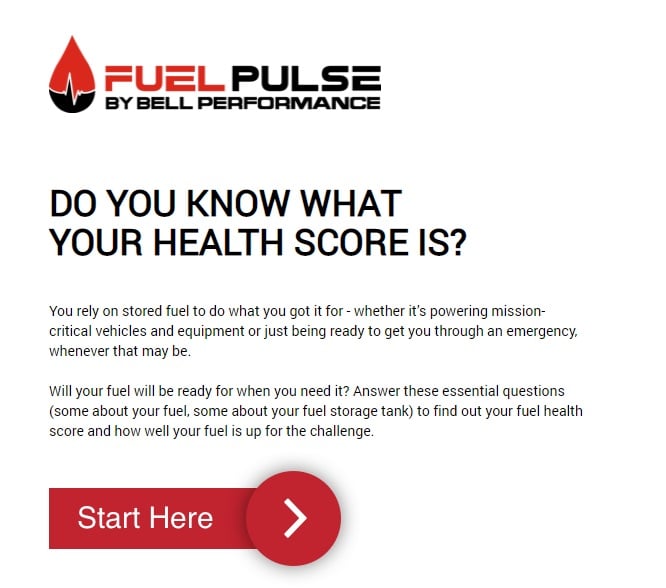How often to check stored fuel
An essential pare of proper care of stored fuel is monitoring its condition to pay attention to any changes that might hint at a problem developing....

These days, people are trying to quantify everything, to come up with a number that tells them in simple terms what they think they need to know. It happens in lots of different places. Branch Rickey, the famous baseball general manager, called it putting a “dollar sign on the muscle”. In his case, he was talking about quantifying the value of baseball players for his team.
But you don’t own a baseball team – you're more likely to be in charge of operations for a hospital or a mission-critical facility like a fire station or utility. Your emergency fuel for powering backup generators and systems is there for such a time as this – it’s essential to your business, customers and your constituents.
These are unusual times in 2020 and everyone is under pressure. As pressure increases on critical services across all levels of society, you can’t afford to be hamstrung by problems with the stored fuel that’s supposed to be there as a support. It’s supposed to be there to make your job easier and enable your facility to serve your people in their time of greatest need. You don’t want to be surprised by problems. Yet some problems are unavoidable despite your best efforts in prevention. The best thing you can do is to take the best steps you know of to see them coming.
You have to have some idea of what your fuel’s condition is like; some idea of the state of your stored fuel’s health.
Will your fuel be ready for when you need it? Will all your emergency prep be for naught because your emergency fuel is compromised?
What about the emergency field hospitals and tents that may be dealing with influxes of patients during these times? Your emergency fuel is critical to all of this, and you need to have confidence that it’s not compromised by the bad actors that plague stored fuel across the country.
How would you know? There are clues and signs you could look for, if you knew what they were and what they meant. Clues and signs that can you help “put a dollar sign on the muscle” of your stored fuel’s health.
These signs will usually come from a handful of conceptual areas:
This is where things can get complicated. There are a lot of things to be considered, some mattering more than others. For the typical professional, understanding all of this can be above their pay-grade. Yet these are different times. Everyone is having to do things differently and having to re-examine what they do on a daily basis.
We’re here to try and help you do that, just a little bit more easily.
In understanding all of this, we put together a Fuel Health Check tool to help quantify these issues and give fuel professionals and users better insight on their own situations.
You answer a series of multiple-choice questions that all relate the important considerations that may affect stored fuel health. Some are more important or essential than others, but they all play a part. At the end, the Tool generates a score along with recommendations on where your stored fuel’s health likely falls with respect to whether you need to take action or not (and what kind of action that might be).
Now you've got a clearer picture of what's going on with your stored fuel.
You can find the free Fuel Health Check tool at https://www.bellperformance.com/fuelcheck. If you have stored fuel, it should be a useful tool for you to incorporate into your fuel housekeeping routine.

An essential pare of proper care of stored fuel is monitoring its condition to pay attention to any changes that might hint at a problem developing....

As the business landscape of the nation changes in 2020, we’re finding that we have to change the way we do a few things. For one, paying attention...

For hospitals and critical use facilities, care and husbandry of emergency stored fuel is a hotter topic than ever before. You can’t treat stored...